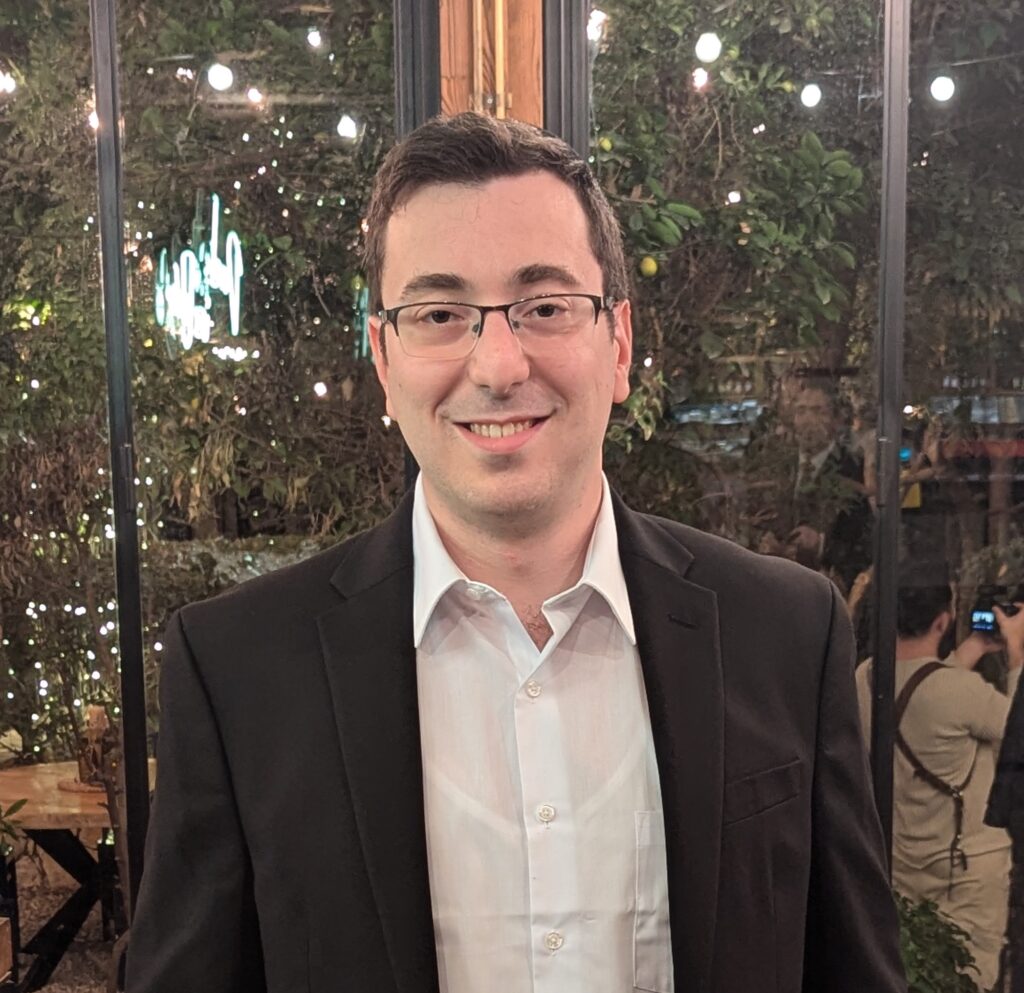Towards Foundation Models for Building Control
|
This event will take place in-person at 3:00 PM ET at HouseZero, 20 Sumner Road. This event is open to Harvard affiliates only.
Buildings cause nearly 40% of carbon emissions in the US. Of total building emissions, HVAC systems are responsible for approximately 40-60% and account for 15% of global energy consumption. Despite advances in artificial intelligence, most buildings still operate as inefficiently as they did decades ago. Building optimization, perhaps more so than any other optimization problem, has enormous potential for Machine Learning (ML) driven impact on climate change, in both the short and long term. One of the biggest obstacles for building optimization is the lack of scalable, reliable building models. A building model digitally simulates building behavior. Building models are necessary because optimizing directly on the physical building is too slow and costly. Most building models, whether simulation or learning based, don’t generalize: they only work well for the building they were developed for, but not for other buildings. A central question is: Can we build foundation models for buildings that allow for efficient transfer of knowledge? This talk will explore this question and present several ways of approaching the issue.
SPEAKER: JUDAH GOLDFEDER

Judah Goldfeder is a PhD Candidate in the Creative Machines Lab at Columbia University, a Student Researcher at Google, and a member of the NSF AI Institute in Dynamic Systems. His research spans machine learning theory and applications, including scientific discovery, network compression, reverse engineering, robotics, vision, meta learning, and reinforcement learning. A central focus of his work has been on smart buildings, including developing an open-source simulator and benchmark, and organizing several workshops focused on the built environment, from ASHRAE, BuildSys and e-Energy to ICML and NeurIPS. Previously, he worked on Graph Transformers at Facebook AI Research, on production ad models at Twitter, on Bioinformatics at Bar Ilan University, on machine learning education at Learn Ventures, and on low resource languages at Dicta.
